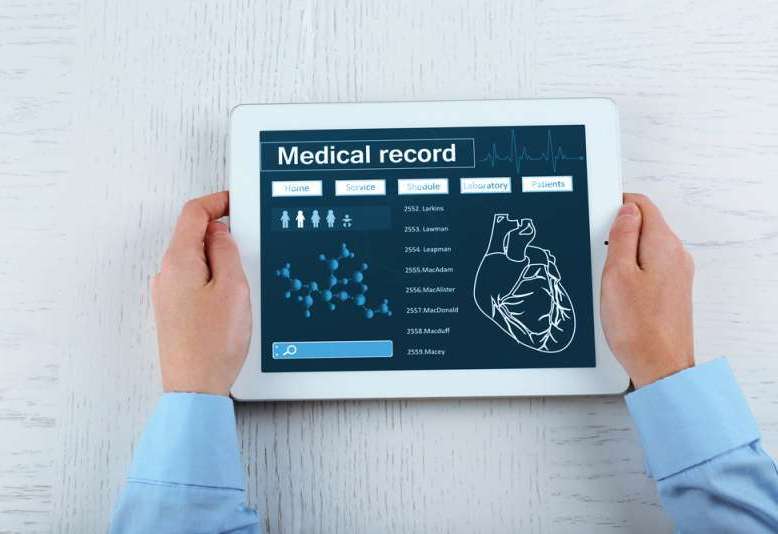
The White House Office of Science and Technology Policy on Tuesday released a summary of its findings on data portability, including a suggestion to launch a review of publicly funded institutions that could be benefiting from data blocking.
In April 2015, Congress mandated a report from the Office of the National Coordinator for Health Information Technology (ONC), which is located within the Department of Health and Human Services. The report said that the health IT sector had a widespread data blocking problem, in which patients couldn’t access their health information, and that Congress should take action to stop data blocking.
In September, OSTP asked the public for comments on data portability and received 22 responses.
OSTP found that some citizens want additional legislation to be crafted and others want HHS to be given more power to enforce existing data laws. Another comment said that ONC should perform more field tests of electronic health record certification requirements, to ensure that products are meeting Federal standards.
OSTP said that data portability should be coupled with security and privacy goals. The Health Insurance Portability and Accountability Act (HIPAA) already requires health institutions to put safeguards in place to protect patient privacy; therefore data portability services should be designed with those regulations in mind.
“Access to health data and the ability to share it can save lives because health data is crucial to identifying the correct diagnosis and treatment,” Alexander Macgillivray, deputy U.S. chief technology officer at OSTP, wrote in the summary. “Some commenters also noted that lack of proper implementation of health data portability can drive up costs and lead to unnecessary retesting when providers can’t access the data they need about their patients.”
Benefits to data portability include convenience and cost effectiveness. Portable data also allows users to try new services, reduces the back up of data, increases user control and trust, and lowers barriers to entry for services.
OSTP said that patients have found that data portability needs interoperability between services in order to be effective. Also, some companies that use other companies’ portable data sometimes don’t offer the same level of portability for their own data.
Many people who reached out to OSTP about data portability said that additional regulation is unnecessary, but companies should be incentivized for the strides they make in allowing data to be accessible. Data portability could be incentivized by increasing consumer awareness, leading by example, and encouraging interoperability and open standards.
The Obama administration introduced initiatives to increase data portability, including the My Data initiatives, released in 2010, which provide guidance for health data, electric utility data, Internal Revenue Service data, and Federal student data.
